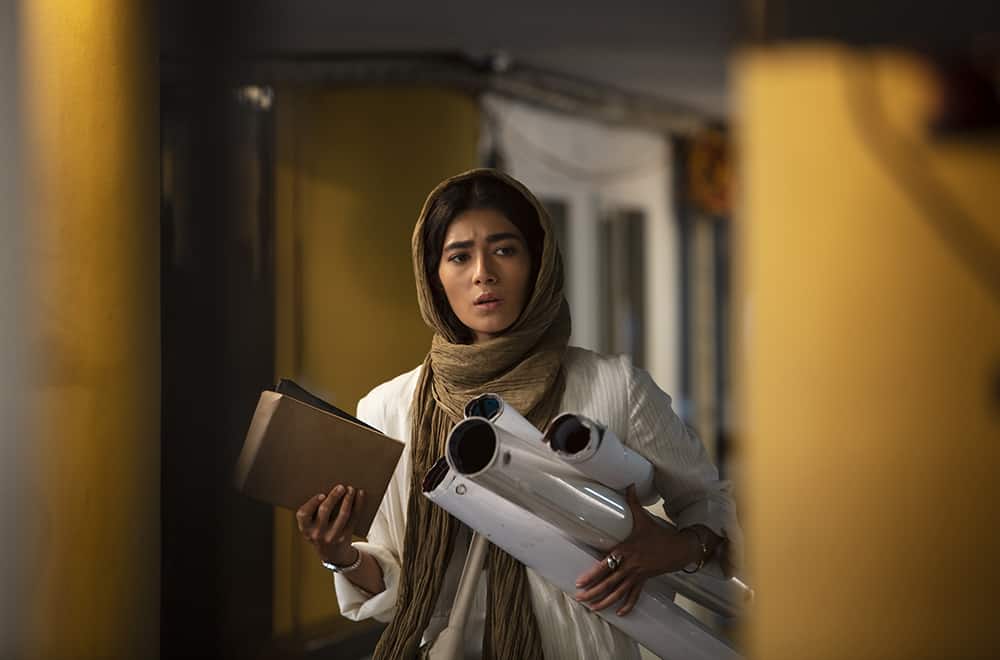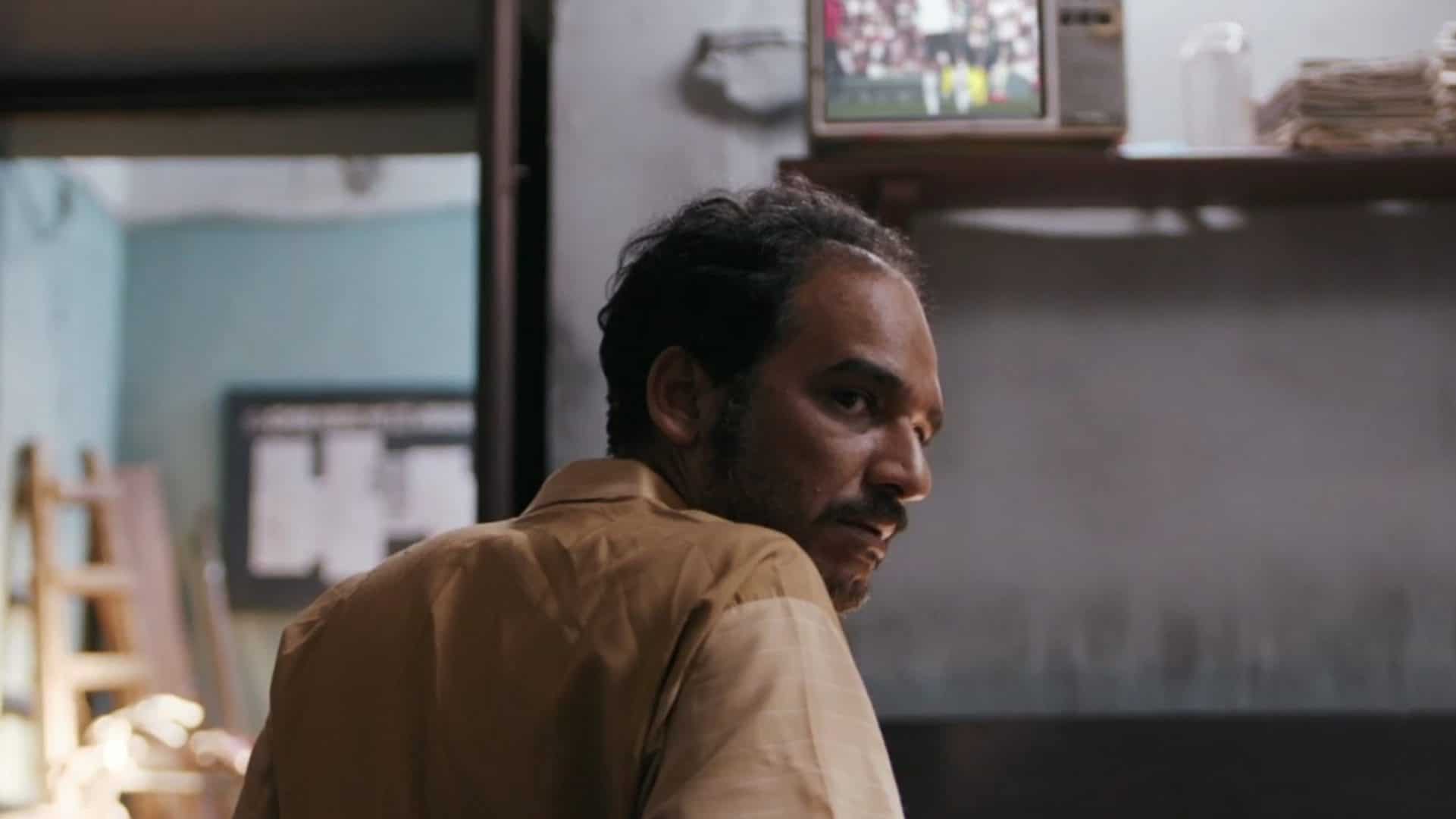Chun Tae-il (or Jeon, in some spellings of his family name) was a South Korean sewing worker and workers' rights activist who committed suicide by self-immolation at the age of 22 in protest at the poor working conditions of South Korean factories. His death brought attention to the substandard labor conditions and helped the formation of the labor union movement in South Korea. Previously inspiring the excellent (if somewhat controversial) “A Single Spark”, his story now finds another outlet from the local movie industry, this time in animation.
“Chun Tae-il: A Flame that Lives On” is screening on Fantasia International Film Festival

The film begins with Tae-il being a young man who has acquired tailoring skills from his bitter, alcoholic father, with the two of them and his mother trying to support their family, which also includes two more siblings, both younger than Tae-il. Eventually they move to Seoul in search for a better future, with Tae-il eventually finding a job in Peace Market, a notorious cluster of sweatshops. While there, the bright young man manages to get a promotion from assistant to head tailor, the highest position among the workers. As time passes, however, he realizes that both him and his co-workers are working under insane conditions, with no days off, occasionally given caffeine pills to work overnight, in small rooms with no ventilation, literally killing themselves working. When a colleague suffers from TB, Tae-il is instigated to start reading about the labor laws of the country, realizing that none of them is being implemented. Along with some similar-minded people, he decides to fight for the worker's rights, but is met with resistance from every side.
Everything that happens in this story is wrapped around a cover of unfairness and despair, which seem to be the two main ingredients of the movie. Chun Tae-il did not ask to be born in such a poor family, nor to have to work under impossible conditions, something that actually applies to his colleagues also. Furthermore, it becomes evident that most of them do not have the time to realize what is happening to them, since all their time is spent making a living. As such, when Tae-il learns about labor laws, through his sheer tenacity and inherent kindness, a glimmer of hope suddenly arises, only to be crushed immediately under the realization that the game is rigged, as employers, the authorities and politicians are working together.
These elements make his final act both heroic, but also justified considering the despair this disillusionment brings to him, and the fact that, at the time, seemed like the only way for something to change, which it actually did. Essentially, one could say that the whole movie is set to lead to this moment, which is excellently portrayed in audiovisual terms, and the most memorable one in the movie, with Hong capturing all its context in the most shockingly dramatic fashion.
Regarding the animation, the approach here aims at realism, with the scenes regarding tailoring being the apogee of this element. The pastel, occasionally reddish colors dominate, in a choice that works well against the rather dramatic narrative. The movement flows nicely and in general the animation is serviceable, without any extravagances, giving space to the context instead of trying to impress. On the other hand, the drawing of the characters could have included more imagination, since a number of them look too much alike, to the point that it is difficult to distinguish between them. The background detail, though, is quite high, with the various buildings that appear throughout being the high point of this trait.
“Chun Tae-il: A Flame that Lives On” offers a very rewarding presentation of a truly important topic, while continuing the very intriguing, context-first path Korean animation seem to be taking during the last few years.
















